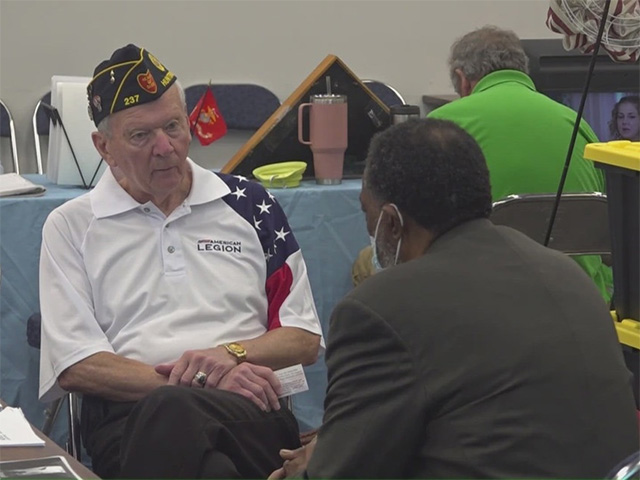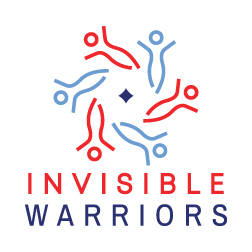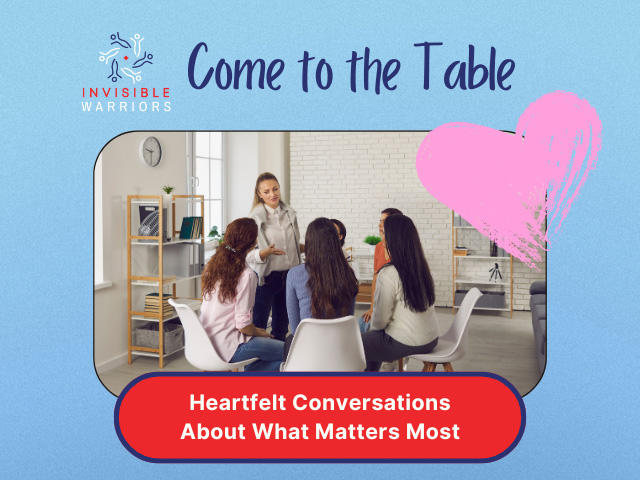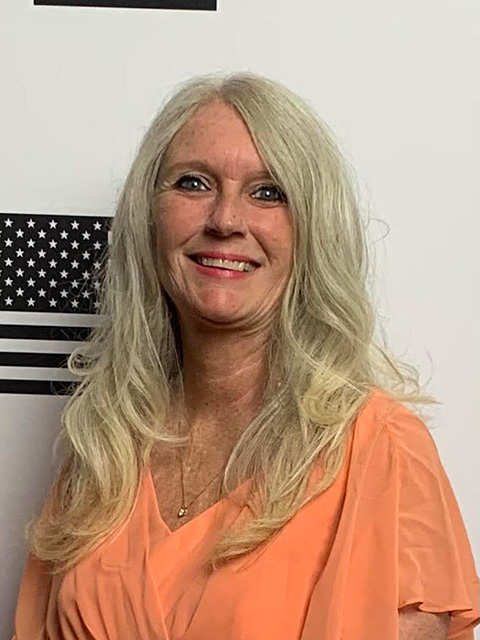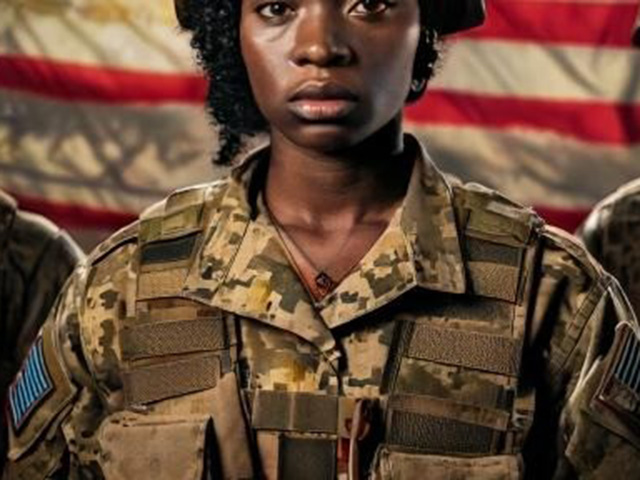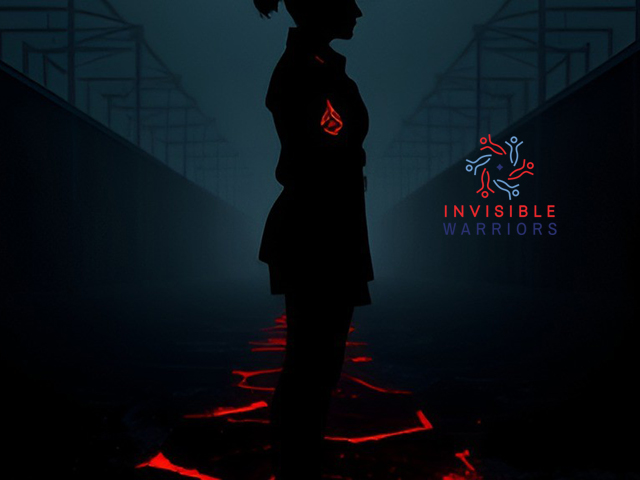Giving Tuesday 2024
As we approach the season of gratitude and giving, there’s a day that stands out as a beacon of hope and generosity—Giving Tuesday. This global movement, celebrated annually on the Tuesday following Thanksgiving, encourages individuals and communities to transform their compassion into action. It’s a day dedicated to giving back, and this year, there’s a cause that truly deserves your attention and support: Invisible Warriors.
Invisible Warriors is a remarkable organization committed to uplifting women veterans who face the challenges of PTSD, MST (Military Sexual Trauma), and other invisible illnesses. These courageous women have served our country, yet many continue to fight silent battles long after their military service has ended. Through peer support, resources, workshops, and more, Invisible Warriors offers a lifeline to these veterans, helping them reclaim their lives and find strength in their shared experiences.
The Power of Peer Support and Resources
Invisible Warriors understands the unique struggles faced by women veterans. They provide a safe space where these women can connect with others who have walked similar paths. Through peer support groups, they offer a community of understanding, where veterans can share their stories without judgment and find solace in knowing they are not alone.
In addition to emotional support, Invisible Warriors equips these women with vital resources. From access to mental health services to educational workshops, they empower veterans to navigate their paths to healing and personal growth. By addressing the holistic needs of these women, Invisible Warriors fosters resilience and hope.
Workshops That Inspire and Heal
The workshops offered by Invisible Warriors are more than just educational sessions; they are transformative experiences. Tailored to address the specific needs of women veterans, these workshops cover a range of topics, including coping strategies, creative expression, and career development. They provide participants with practical tools and insights, enabling them to rebuild their lives with confidence and purpose.
A Gift That Gives Back: The 2025 Calendar
This Giving Tuesday, your generosity can have a profound impact. With a donation of $50 or more to Invisible Warriors, you’ll receive a beautiful 2025 calendar. This isn’t just any calendar—it’s a collection of artwork created by talented artists who have captured the essence of what it means to be an Invisible Warrior. Each piece of art reflects the strength, resilience, and hope that define these incredible women. By donating, you’re not only supporting a vital cause but also receiving a meaningful gift that celebrates the courage of women veterans.
Join the Movement
Your support on Giving Tuesday can make a world of difference for women veterans struggling with invisible wounds. By donating to Invisible Warriors, you’re investing in their healing journey and empowering them to thrive. Let’s stand together in solidarity and show our gratitude for their service by giving back in a way that truly matters.
This Giving Tuesday, be a part of something greater. Support Invisible Warriors and help transform lives. Together, we can make a lasting impact and honor the invisible warriors among us.
